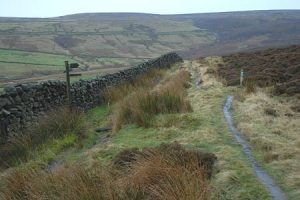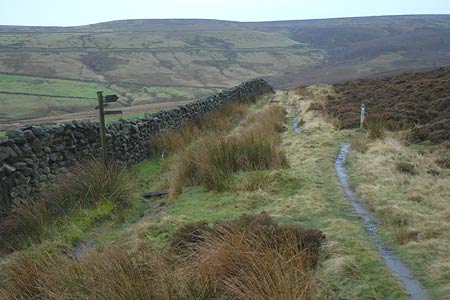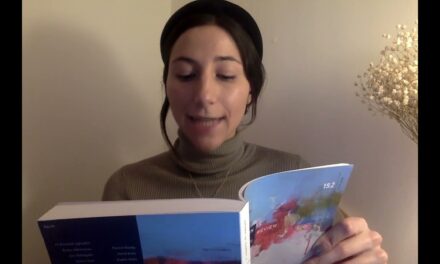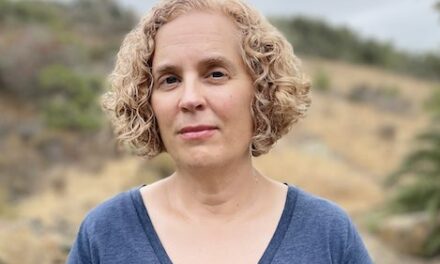Writers don’t just describe the settings they inhabit, they make them their own. Twain’s Mississippi River, the Brontës’ haunted moors, Langston Hughes’ Harlem—even as these places change, they are forever defined by the writers who loved them and preserved them in language. In Issue 13.2, our poets explore the emotional complexities of setting, drawing on family history, American history, memories, and careful observation to find beauty in the mechanical  and communion in the solitary. As Philip Pardi writes in his poem, “Ocean in View,” “I’ve come far to be near.” These two poets get up close to find the bigger story.
and communion in the solitary. As Philip Pardi writes in his poem, “Ocean in View,” “I’ve come far to be near.” These two poets get up close to find the bigger story.
Andrew Hemmert on “Smokestacks”: One of the prevailing themes of my writing is urban landscape and its potential for lyric reinvention. Driving through Apollo Beach, I’m always drawn to the smokestacks. My uncle worked at Tampa Electric when he was in college, and he used to climb the smokestacks in a hazmat suit to sample the output. I always thought there was something glamorous in the grime of that story. This poem touches on environmental concerns, but ultimately seeks to identify the human elements that burn at the heart of our machines.
Philip Pardi on “Ocean in View”: I live in the mountains. The birds I know by name are mountain birds. The trees are mountain trees. Each night after work I cross the Hudson River, and as the bridge rises beneath me, so too do the mountains before me. Days off, I hike: lots of up and down, of climbing up to look down. No surprise, then, that the mountains figure in my work; in recent years, the landscape around me has been a place where poetry begins or converges. This poem emerged when I found myself, after a long, long drive, on the flattened North Carolina shoreline. I felt utterly unprepared for it: ocean, distance, seagulls, horizons. I had been reading the journals of Lewis and Clark, which is where the title comes from: the full line is “Ocian in view! O! the joy,” and I wanted something of that joy, but then “wanting” seemed suddenly and precisely to be the problem. This poem is an attempt to start again.











